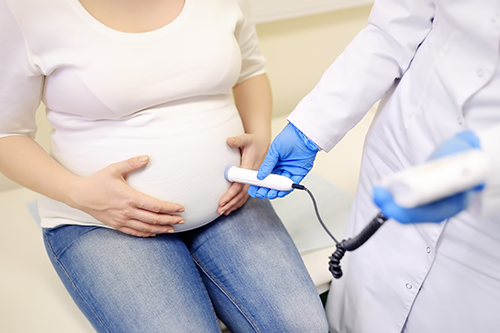
When you mention “Fetal Health Evaluation,” are you looking for a general overview of how doctors assess fetal health during pregnancy, or are you referring to a specific test or method (like biophysical profile, non-stress test, etc.)? Here's a general breakdown to start, and I can go into more detail based on what you're after:
Fetal health is typically monitored throughout pregnancy to ensure the baby is developing normally and isn't under stress. These evaluations can include:
1. Maternal Monitoring and History
Mother’s health : Blood pressure, diabetes, infections, etc.
Symptoms : Decreased fetal movements, bleeding, pain.
Medical history : Past pregnancies, genetic conditions.
2. Ultrasound
Routine scans : Check fetal growth, position, anatomy, and amniotic fluid.
Doppler studies : Assess blood flow in the umbilical cord and fetal vessels, often used in high-risk pregnancies.
3. Fetal Movement Assessment
Kick counts : Mother tracks fetal movements daily (usually starts around 28 weeks).
A healthy fetus usually moves at least 10 times in 2 hours.
4. Non-Stress Test (NST)
Monitors fetal heart rate in response to movement.
A reactive NST (normal) shows at least 2 accelerations of heart rate in 20 minutes.
5. Biophysical Profile (BPP)
Combines NST + ultrasound.
Scores 5 categories (0–2 points each): fetal breathing, movement, tone, heart rate, and amniotic fluid.
A score of 8–10 is reassuring.